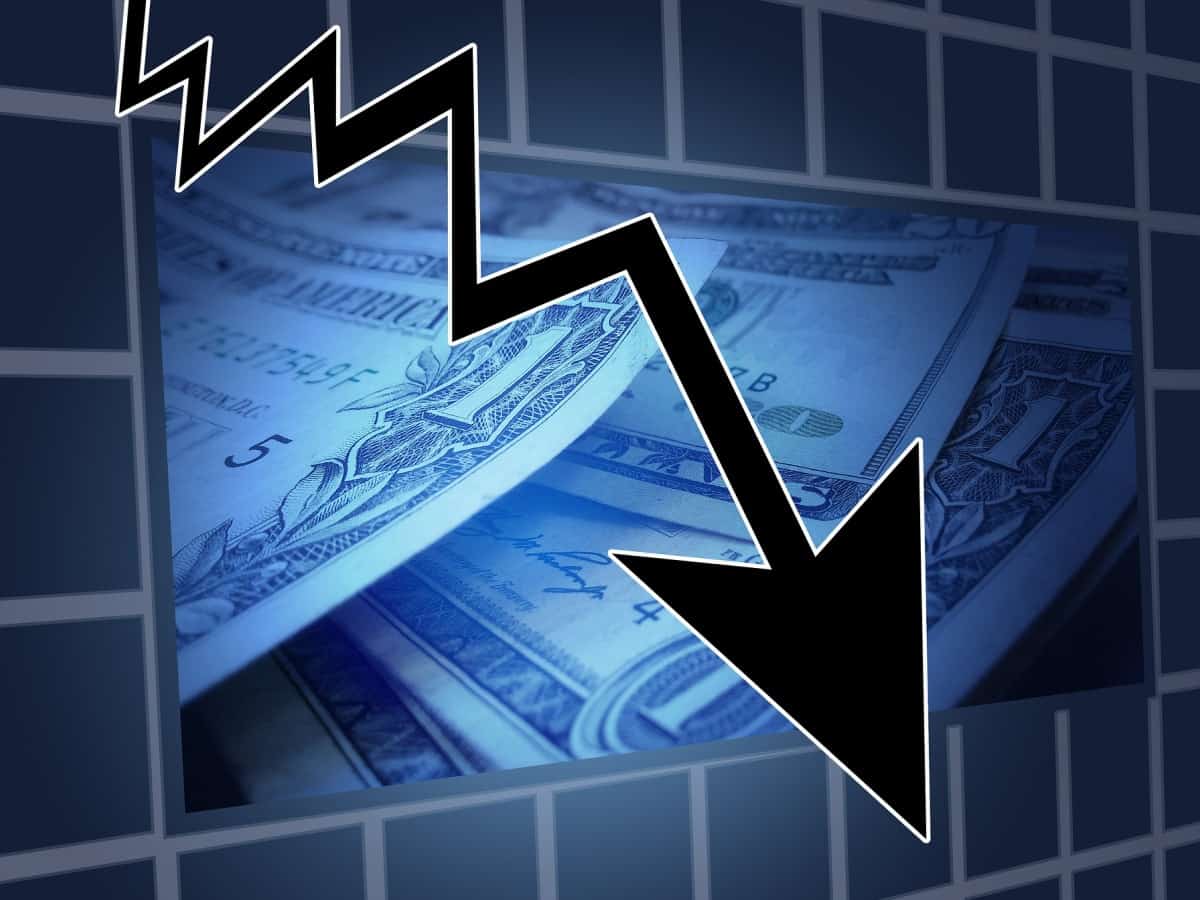The global economy is likely to face over $28 trillion loss to the economic activity over the next five years due to the COVID-19 pandemic and the lockdowns it induced, said International Monetary Fund. The IMF called it ‘worst crisis since the Great Depression’ as it continues to hammer living standards and pushing up the global poverty for the first time in two decades.
In its latest World Economic Outlook the Fund estimates that international economic output will slump by 4.4 per cent over the course of 2020, easily the worst annual performance in modern record. The IMF expects growth over the coming years to be considerably lower than it had penciled in before the pandemic, meaning total foregone output could add up to $28 trillion by 2025.
The Fund expects global GDP to be around $83.8 trillion this year.
Gita Gopinath, the IMF’s chief economist said the world economy was experiencing the “worst crisis since the Great Depression” of the 1930s and that the lost output would be manifested in many countries as a “severe setback to the improvement in average living standards”. She said that the damage would mean that extreme poverty in developing countries, which has been falling for two decades, would rise again in the coming years.
The IMF is projecting that among developed countries Spain will suffer the most damage in 2020, with a 12.8 per cent GDP contraction, followed by Italy (-10.6 per cent) and then France and the UK (both -9.8 per cent). In the developing world, the IMF thinks India will suffer the most in 2020 with a 10.3 per cent hit to GDP, followed by -9 per cent in Mexico and -8 per cent in Mexico.
Despite it being the first country to go into lockdown, the IMF now expects China to grow its economy by 1.9 per cent in 2020, reflecting the strong bank lending-driven recovery since the spring.
“The poor are getting poorer with close to 90 million people expected to fall into extreme deprivation this year,” she said. Inequality was also likely to increase too, Gopinath predicted, citing the disproportionate impact of the crisis on women and low-skilled workers.
“It will take significant innovation on the policy front, at both the national and international levels to recover from this calamity,” she said. “The challenges are daunting. But there are reasons to be hopeful.”

